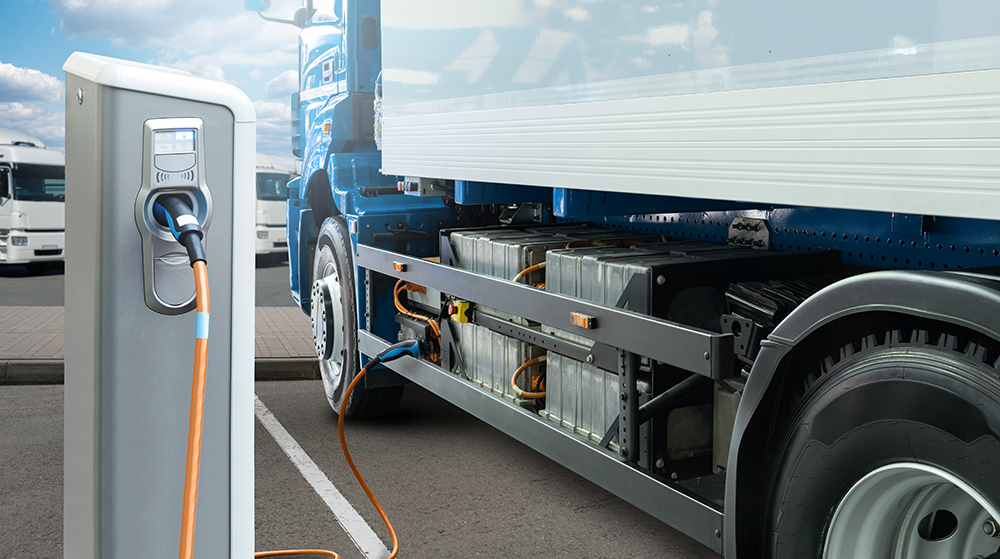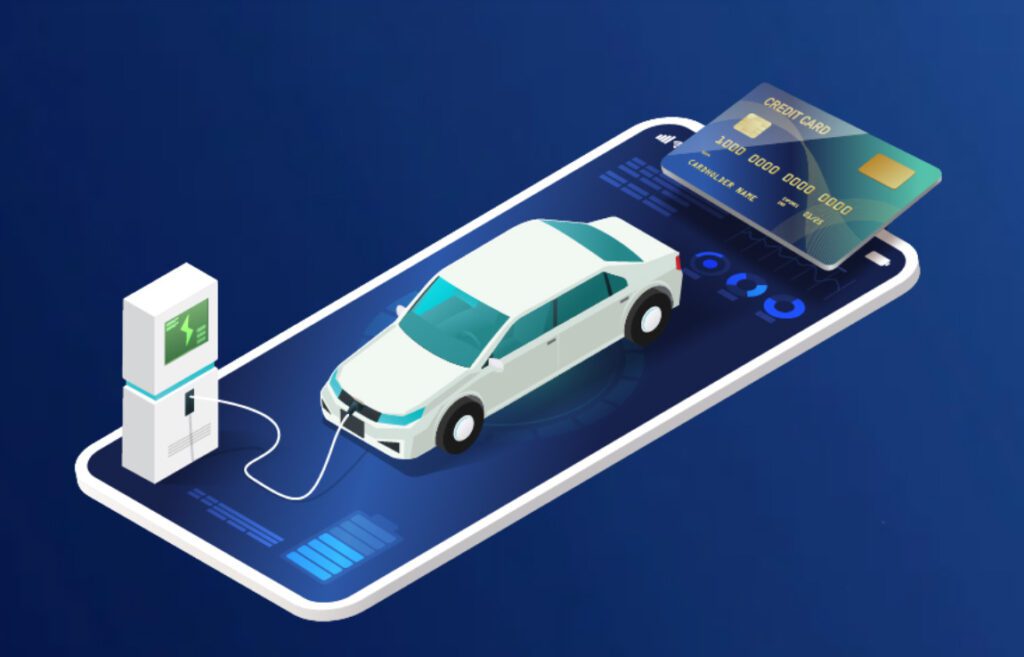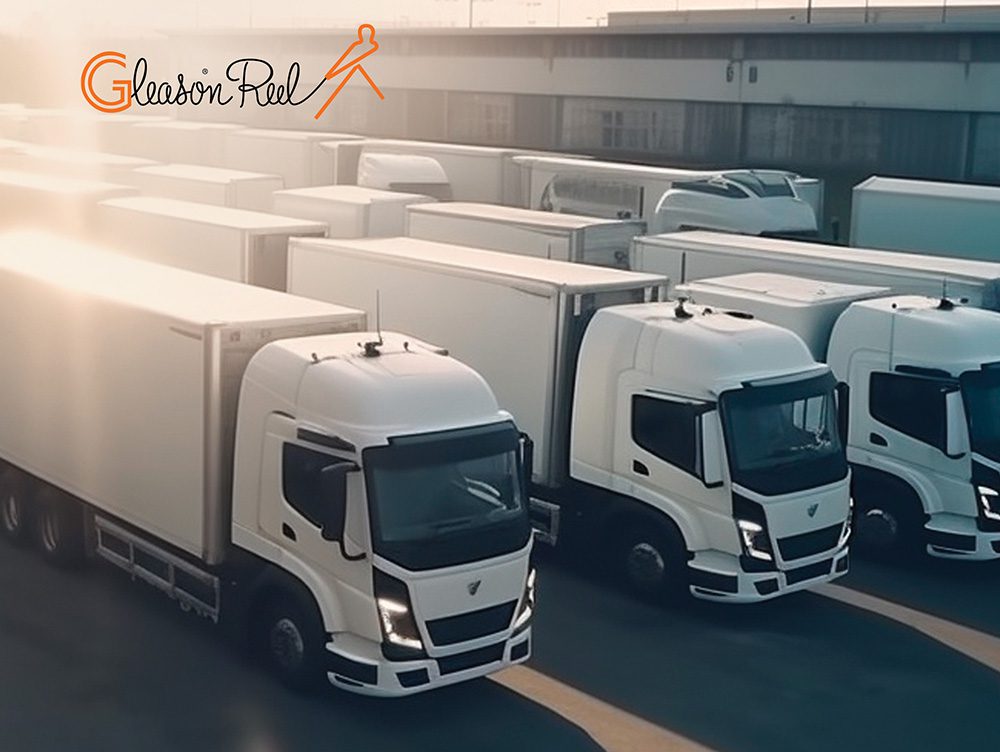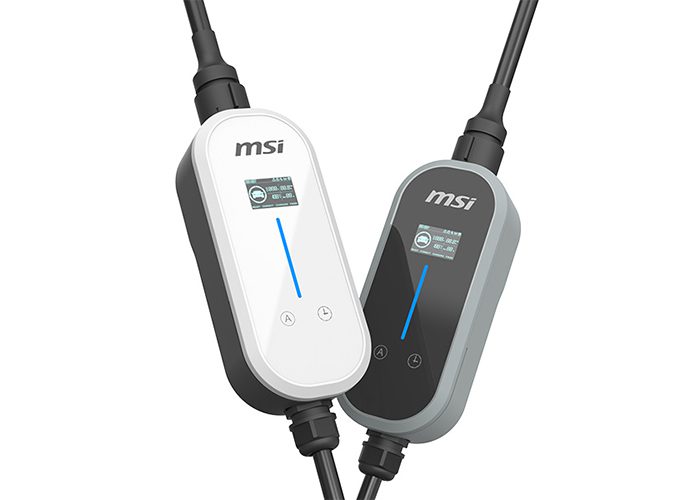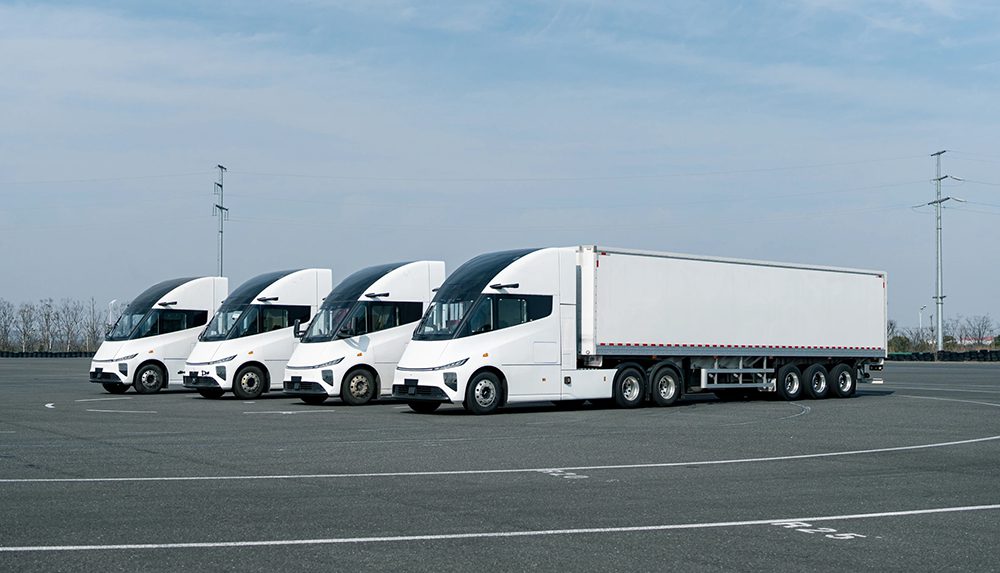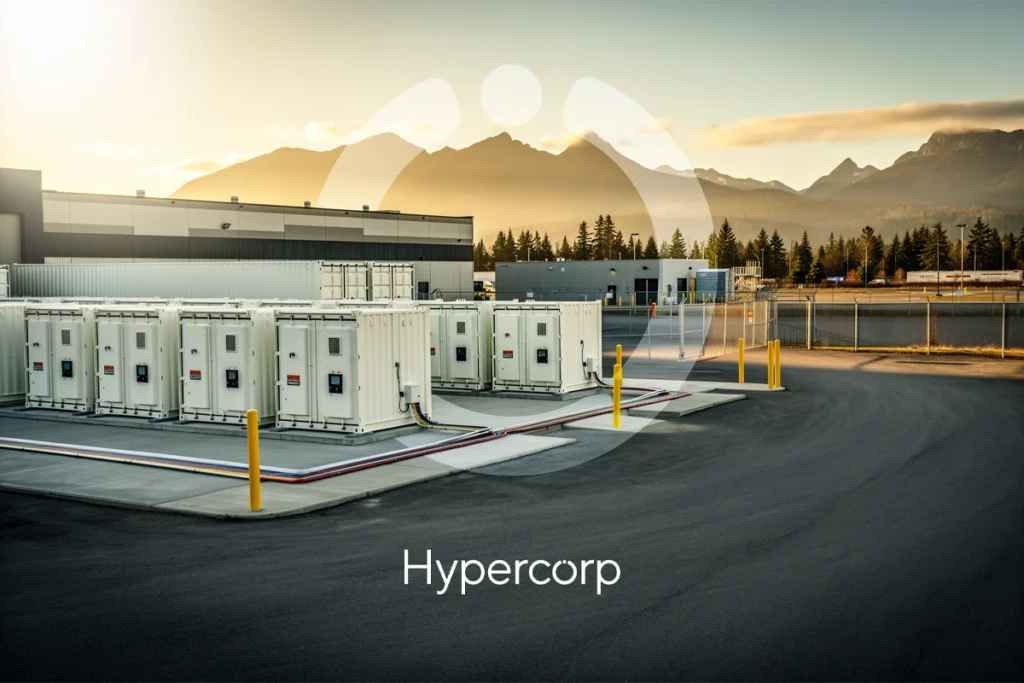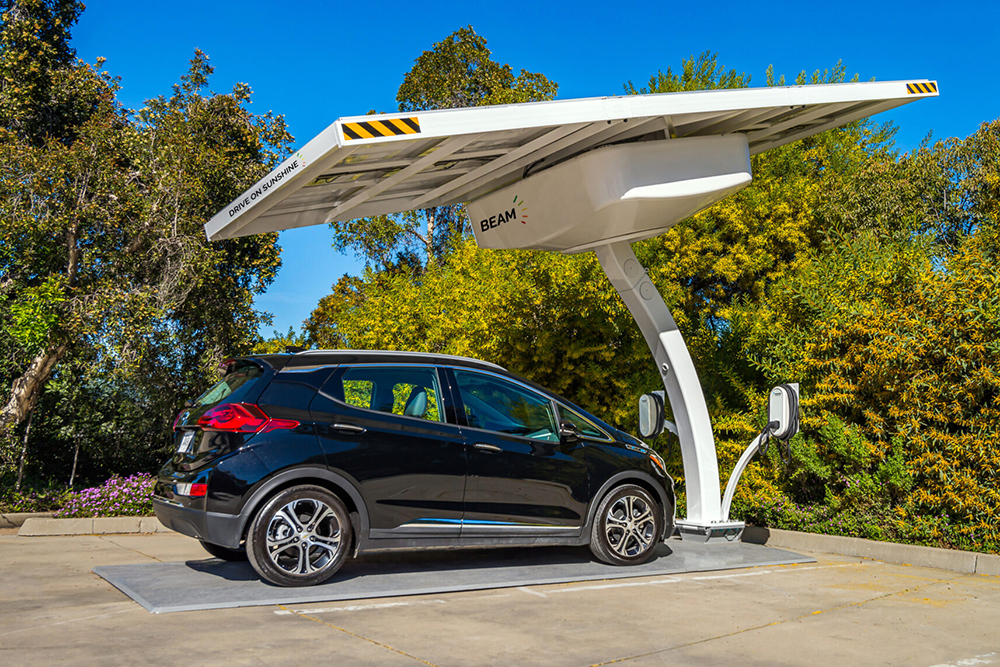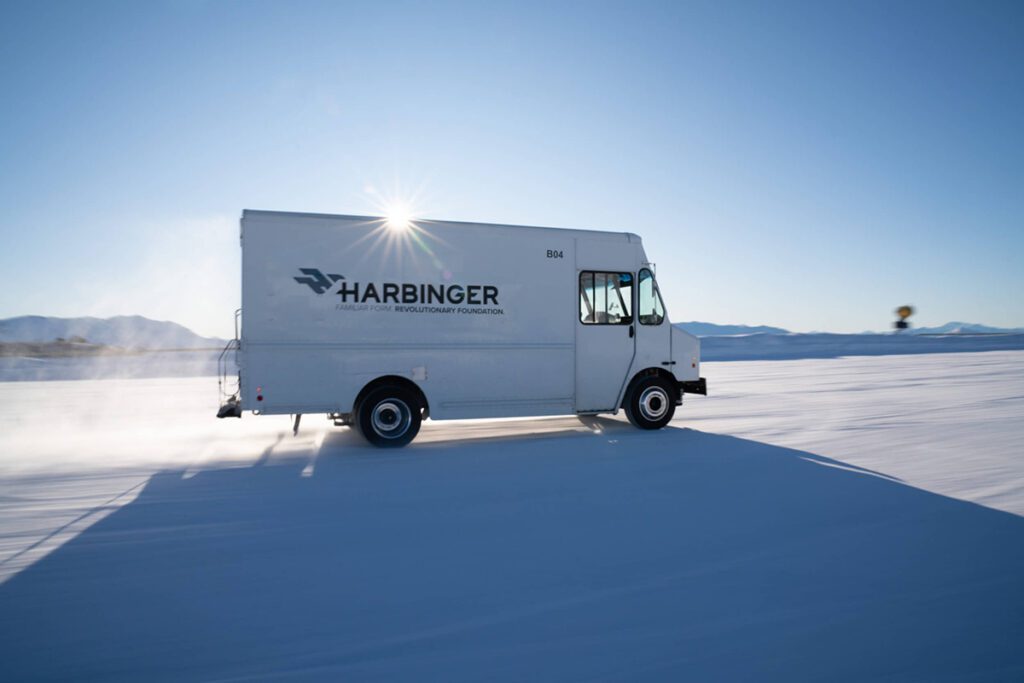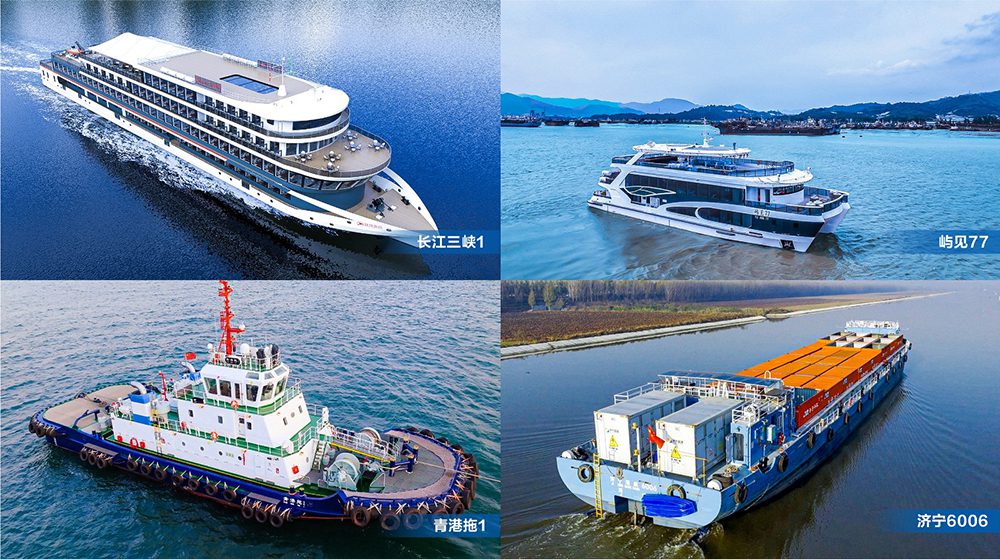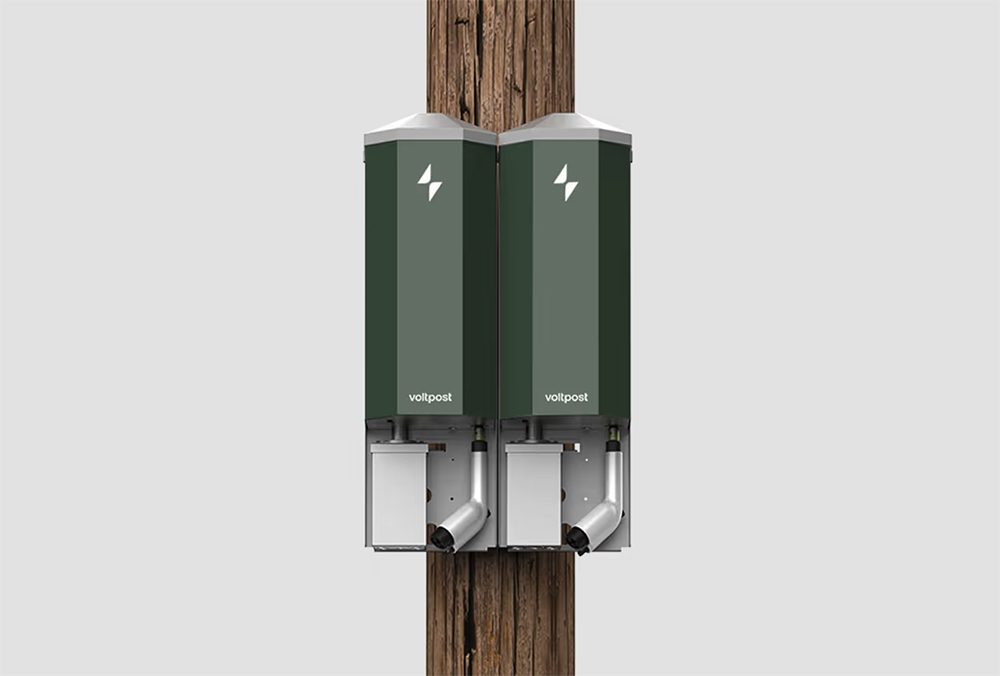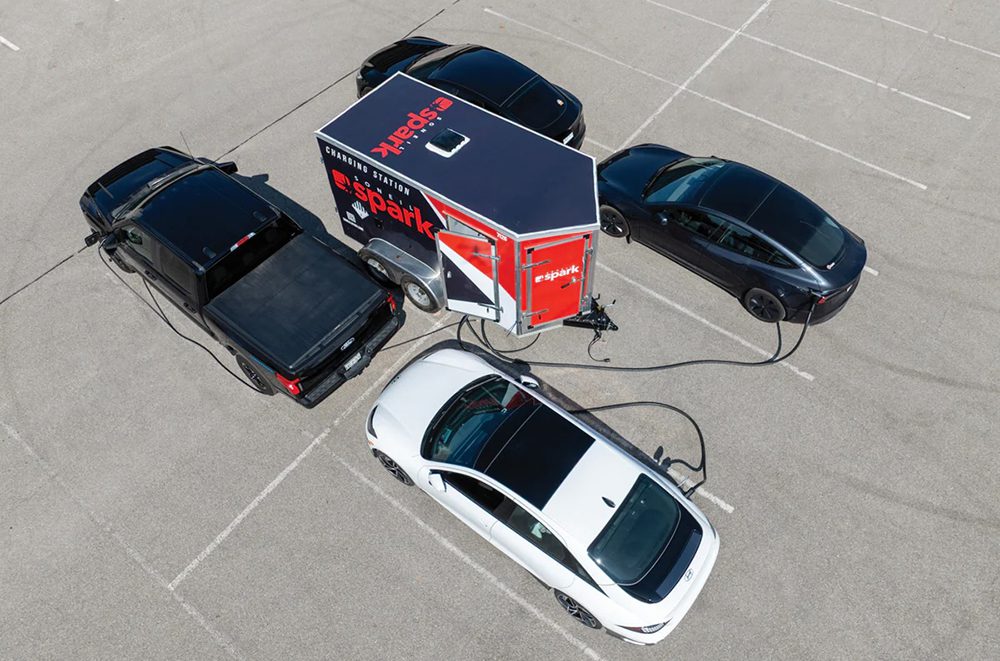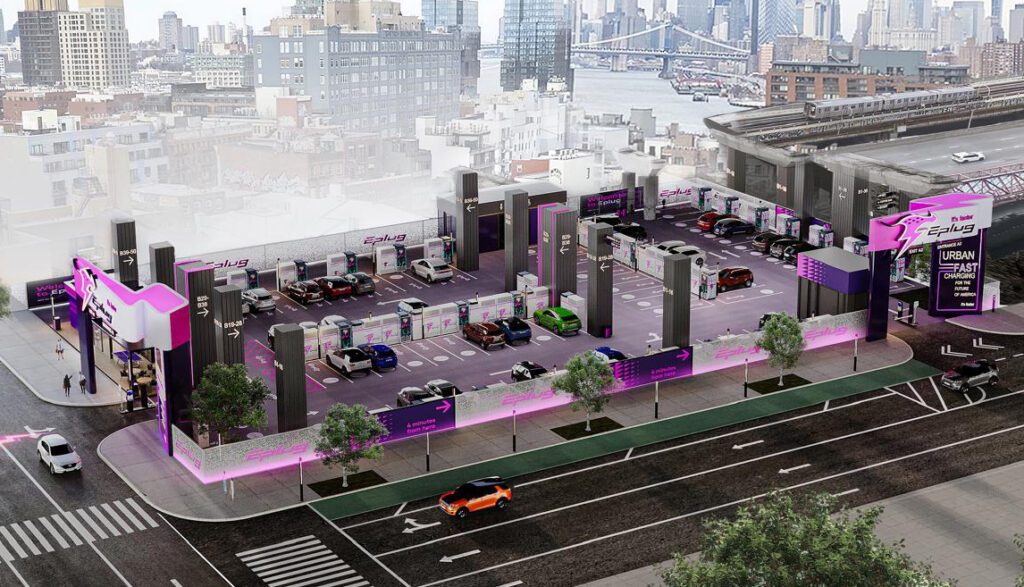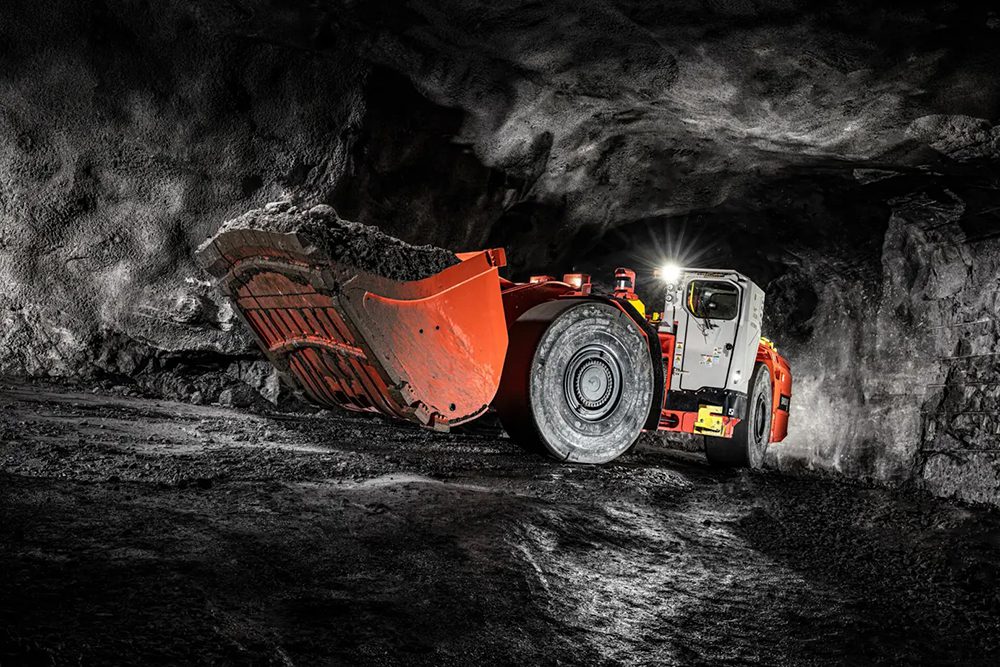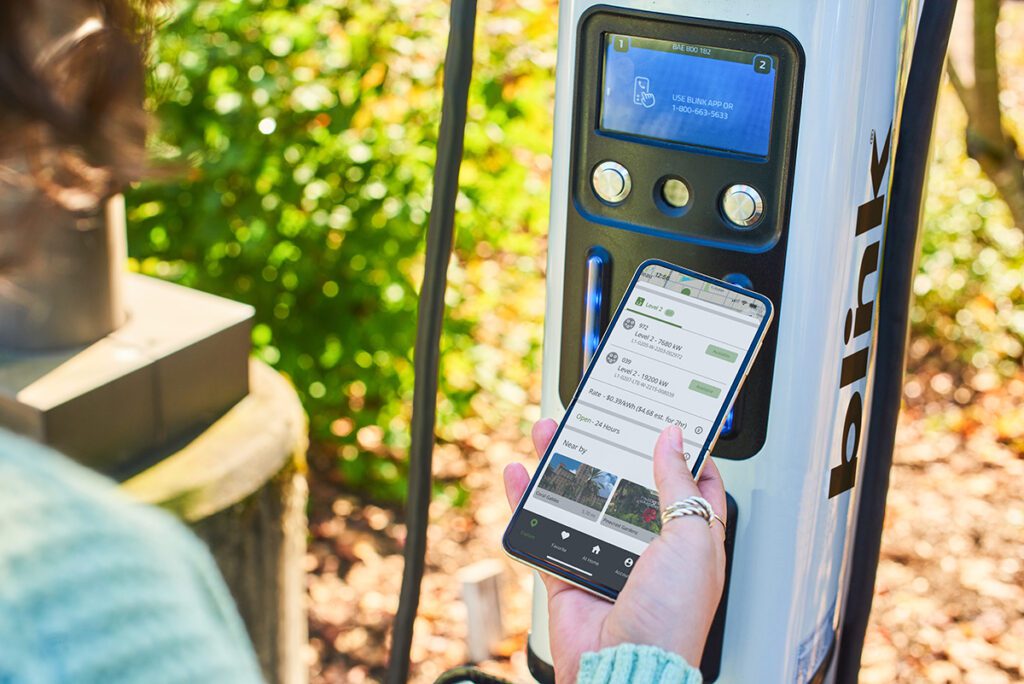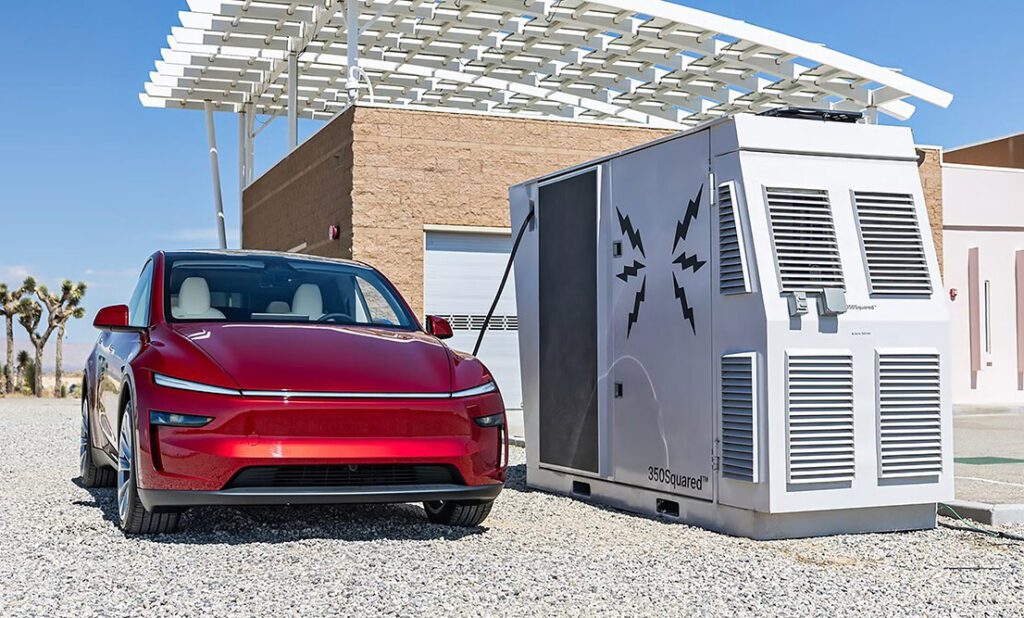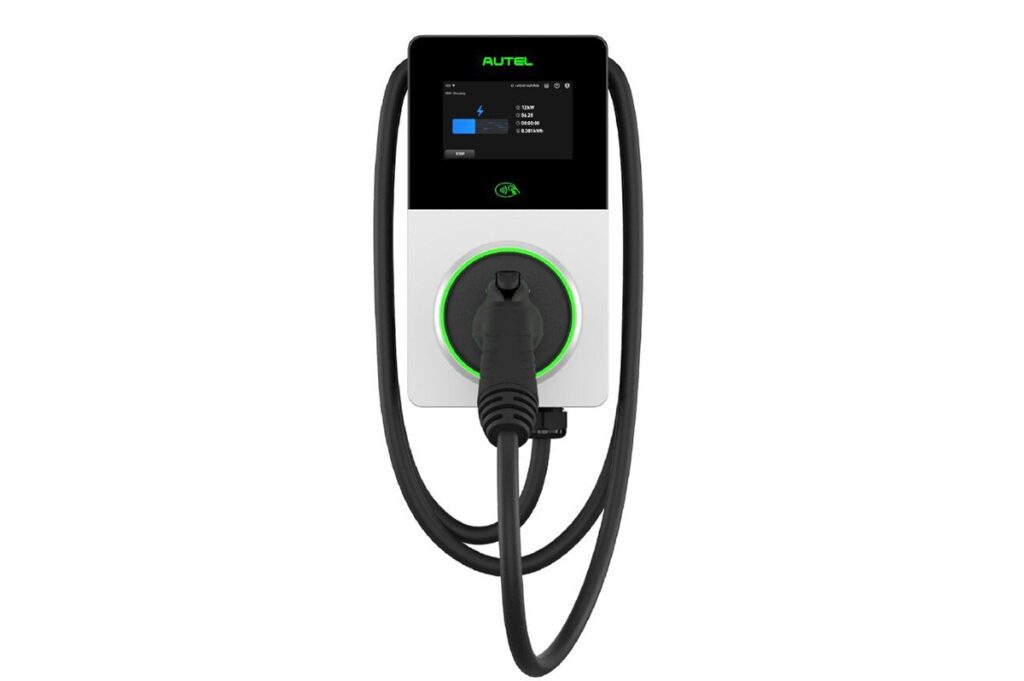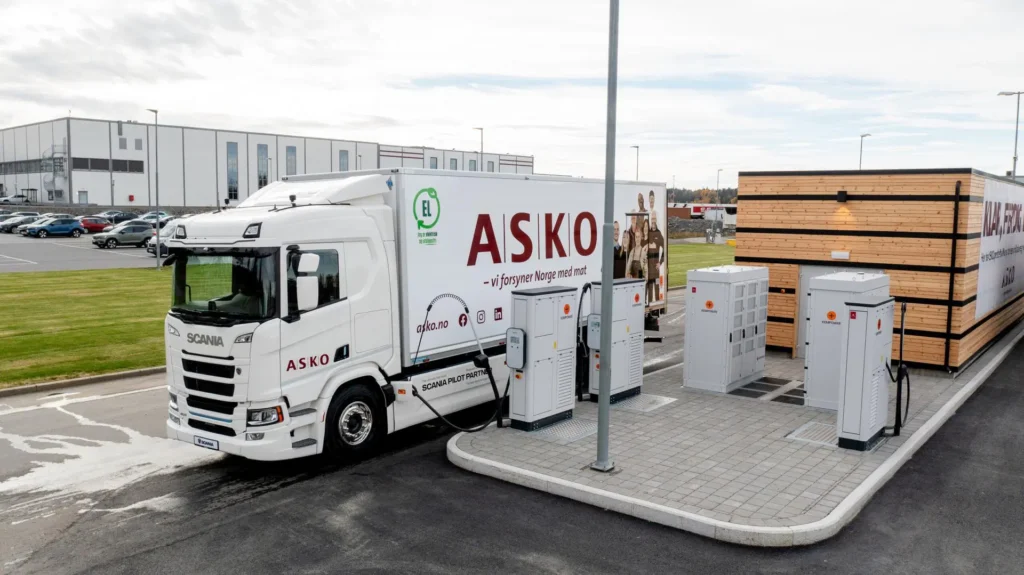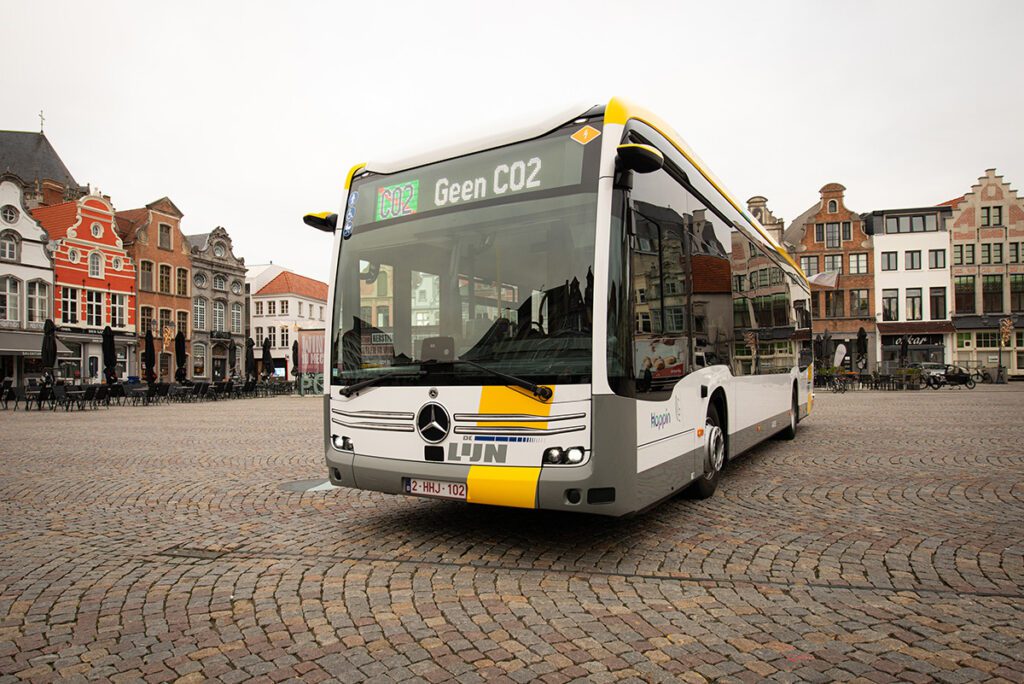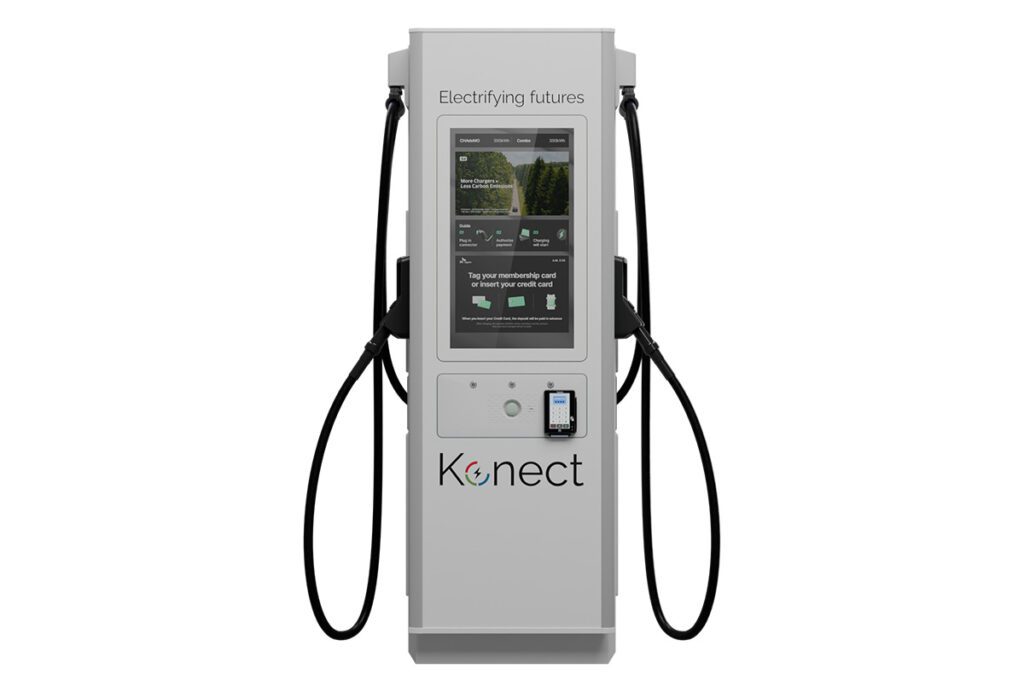Several studies have found that light-duty EVs tend to have lower total cost of ownership than legacy vehicles—the lower fueling and maintenance costs cancel out the higher purchase price within a few years. The same is expected to hold true for heavy-duty EVs, but to date there hasn’t been a lot of real-world testing.
A recent study from Chalmers University of Technology in Sweden, based on data from a trucking company, has demonstrated that electric heavy goods vehicles can deliver substantial cost savings over diesel vehicles, even during periods of low diesel prices.
The paper, “Case Study of Cost-Effective Electrification of Long-Distance Line-Haul Trucks,” was published in the journal Energies. The research was conducted in collaboration with the Swedish Transport Administration and Volvo Trucks, and was financed by the Swedish Transport Administration.
“We have looked at a scenario where heavy goods vehicles drive the 553 kilometers between Helsingborg and Stockholm in Sweden. We have compared two different battery sizes and two possible prices for fast charging. Our conclusion is that it seems possible to electrify this type of vehicle in a cost-effective way,” says study co-author Johannes Karlsson, a doctoral student at Chalmers.
In the study, researchers developed a model using data from a freight hauler located in Helsingborg. The larger battery required only depot recharging, but it consumed more load capacity. The smaller battery required fast charging en route, but had a lower impact on load capacity.
“With the right battery size, it should be possible in many cases to electrify heavy goods vehicles so that the cost is the same or lower than if [the vehicle was] powered by a diesel engine,” says Johannes Karlsson. “The best size of battery is determined by whether light loads are being transported, such as parcels or vegetables, or heavy loads, such as drinks or timber. Other important factors that influence the choice of battery size are driving patterns and the price of fast charging. A realistic future scenario is that HGVs will have different battery sizes.”
The study authors appear to have given diesel the benefit of the doubt, so to speak. They assumed a diesel price of €1.20 per liter, and fast charging costs of either €0.17 or €0.40 per kWh (excluding VAT). (According to Global Petrol Prices, diesel is going for about €1.85 per liter in Sweden at this writing.) The researchers also assumed that other expenses, such as maintenance, would be the same for both electric and diesel vehicles, although most industry observers expect maintenance costs for EVs to be substantially lower.
“We have shown that a heavy goods vehicle fleet can be electrified in a cost-effective way. This should lead to companies having the incentive to invest in the transition. Financial incentives usually mean that changes can be made quickly, and our study is realistic for many transport operations,” says co-author Anders Grauers, an Associate Professor at Chalmers.
Source: CleanTechnica






